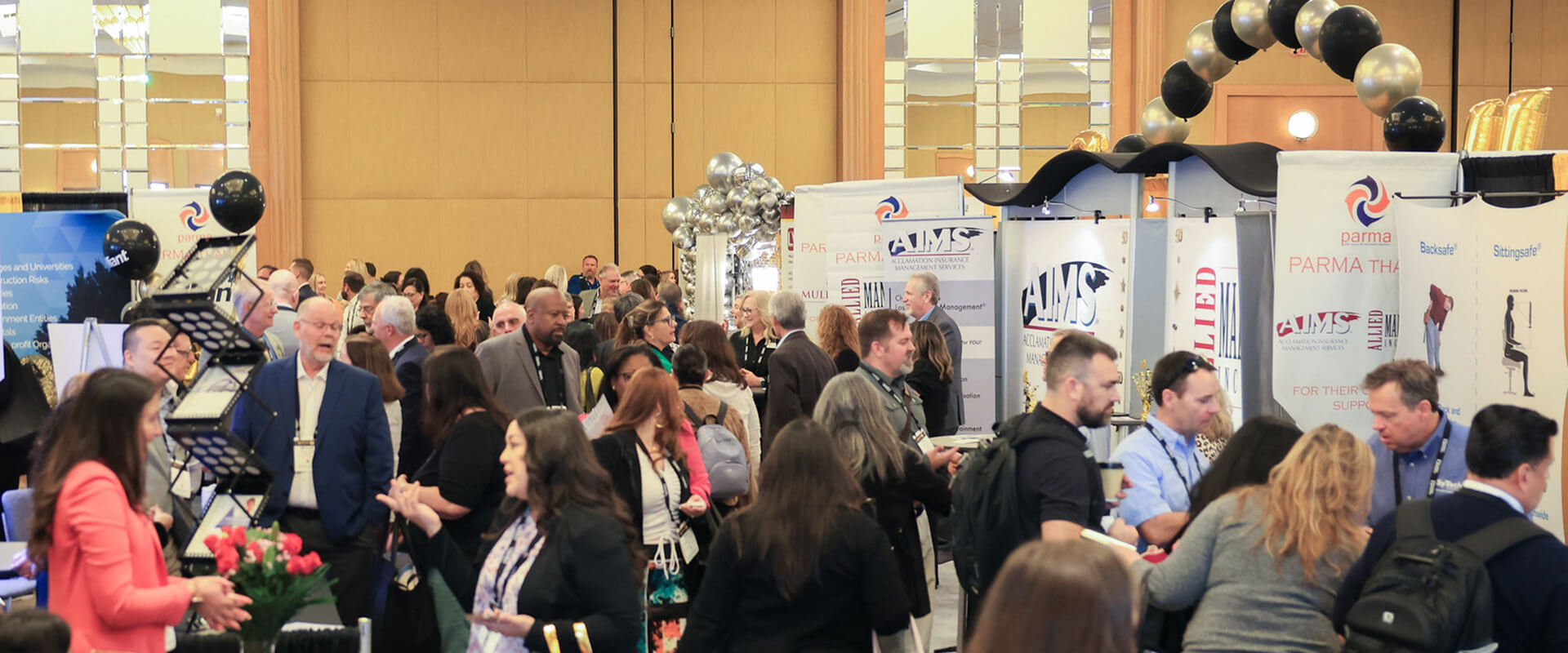Case law under Title VII of the Civil Rights Act of 1964, the Americans with Disabilities Act (ADA), and the Age Discrimination in Employment Act (ADEA), generally holds individuals cannot be found liable.
Unfortunately, the clear language in case law supporting the dismissal of individuals has not prevented plaintiffs from bringing claims under these statutes. For example, a federal court judge in Oregon recently outlined this costly and questionable practice in his opinion in a case involving Starbucks, stating:
"[Plaintiff’s] attorneys regularly file suit in state court for violations of these [discrimination] statutes against individual employees, knowing that they likely will be defended and indemnified by the employer, for the ostensible purpose of educating and deterring them from unlawful behavior. This court fails to see any need to file a lawsuit to deter such unlawful behavior. Even if employees are not sued individually, their employer surely will take appropriate action to deter any future behavior. [Plaintiff’s] attorneys also admitted that as a matter of course they sue employees prior to engaging in discovery and obtaining any evidence as to how complicit the employees may have been in the alleged discrimination or retaliation. Instead, they appear to presume that any employee who questions the plaintiff's work performance should be sued."
Being named in a lawsuit puts individuals in a terrible position of having to personally defend themselves. Even if they are able to eventually get dismissed from the complaint, they do not come out unscathed — they often get stuck paying defense costs and are usually subjected to the invasive discovery process.








